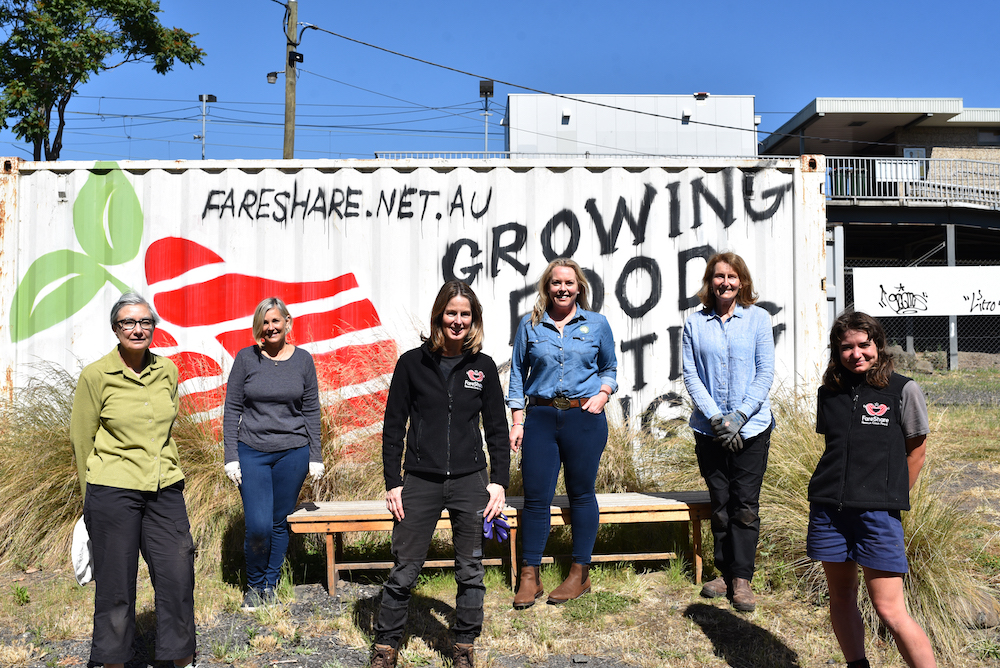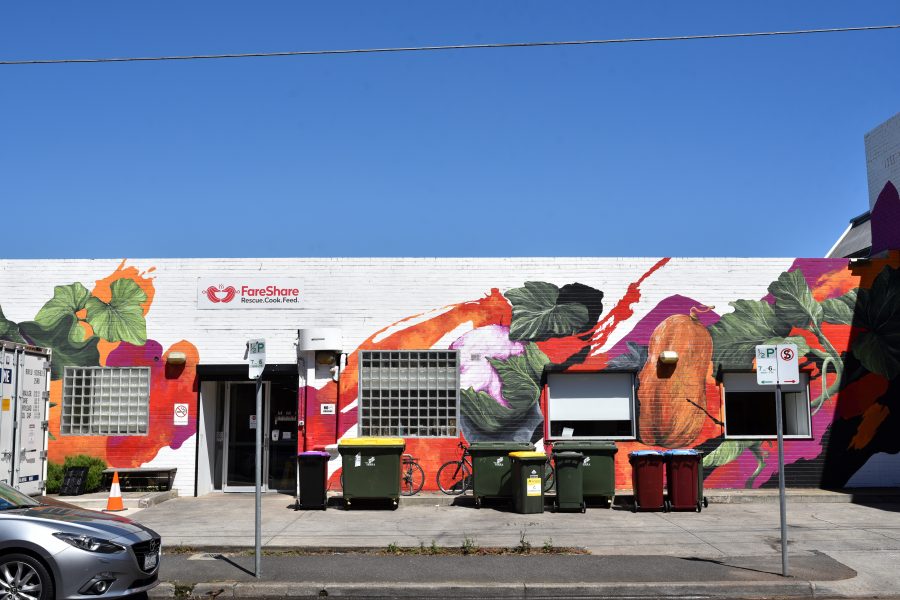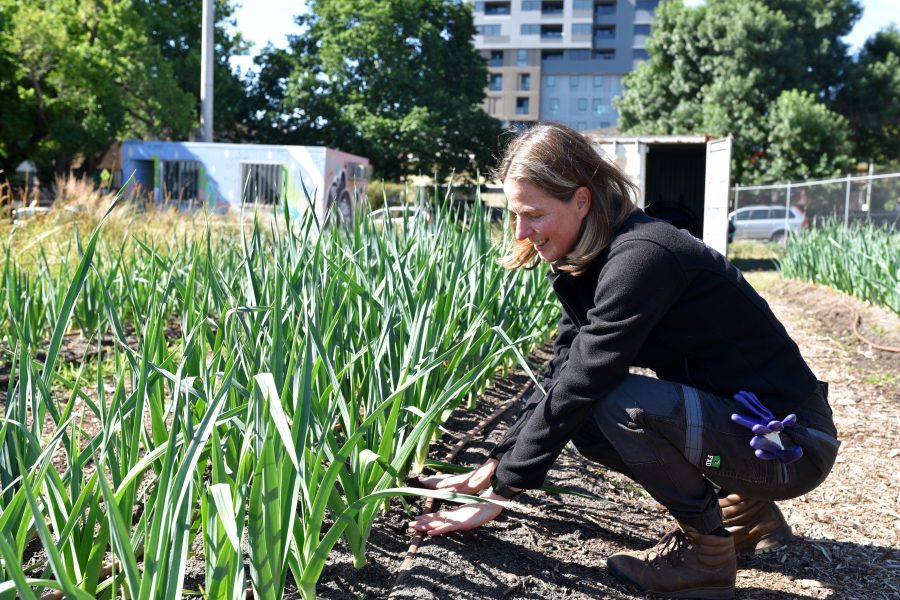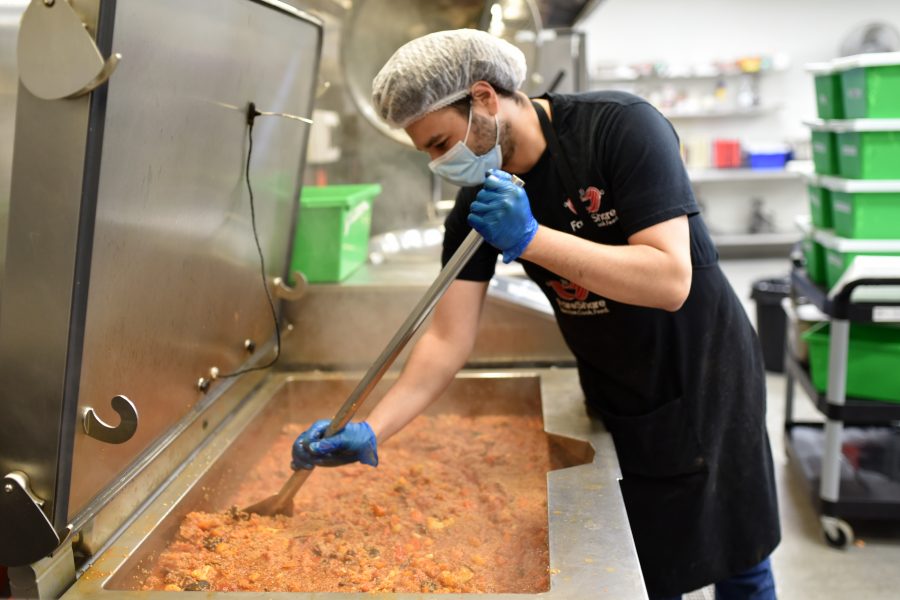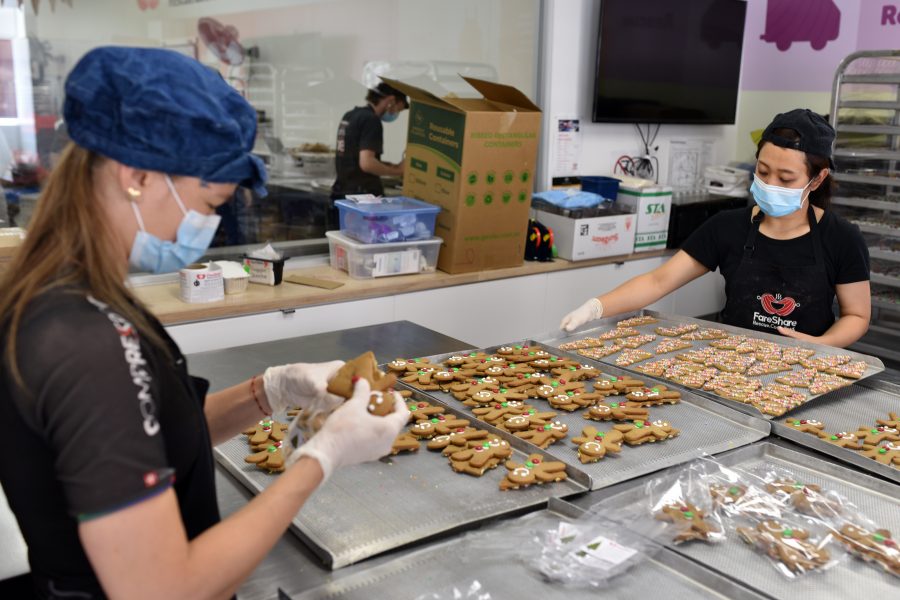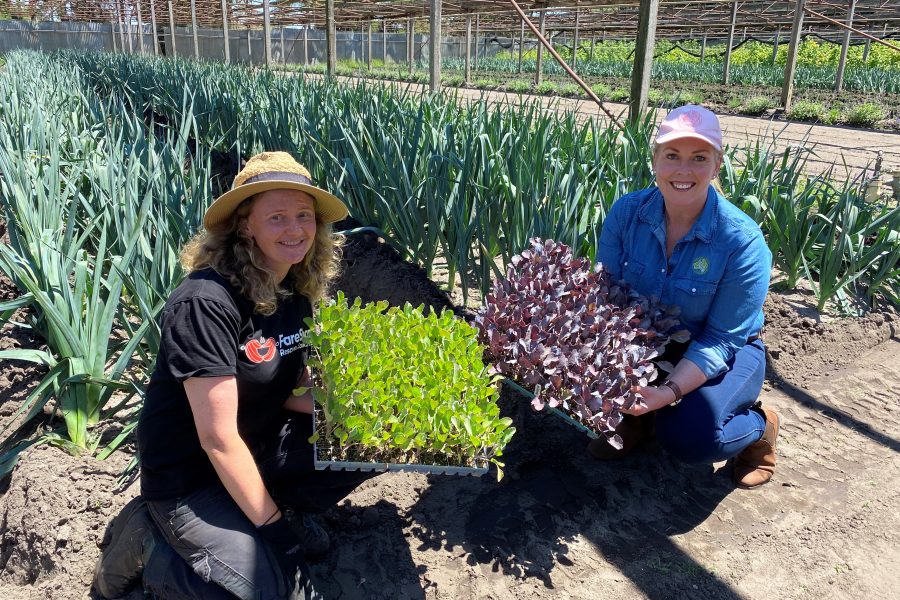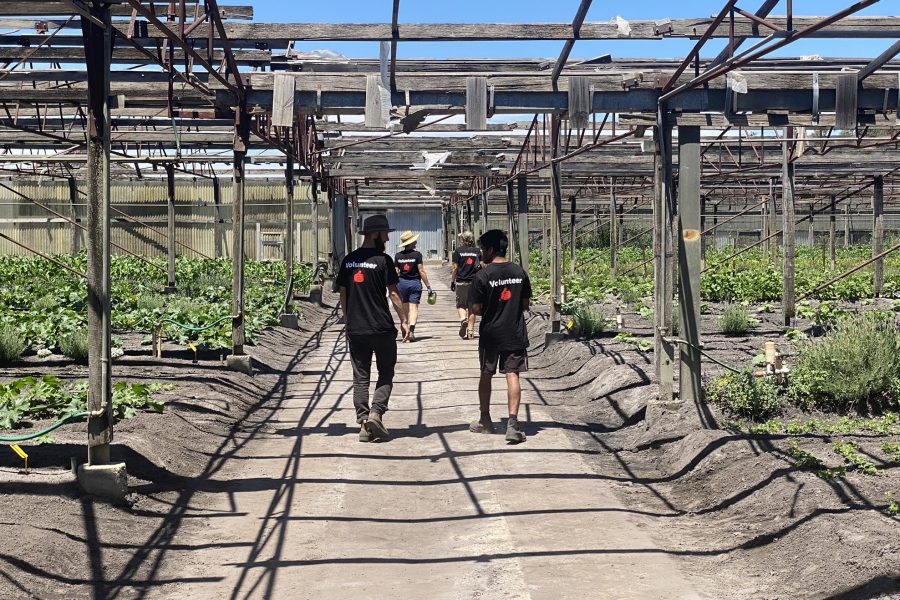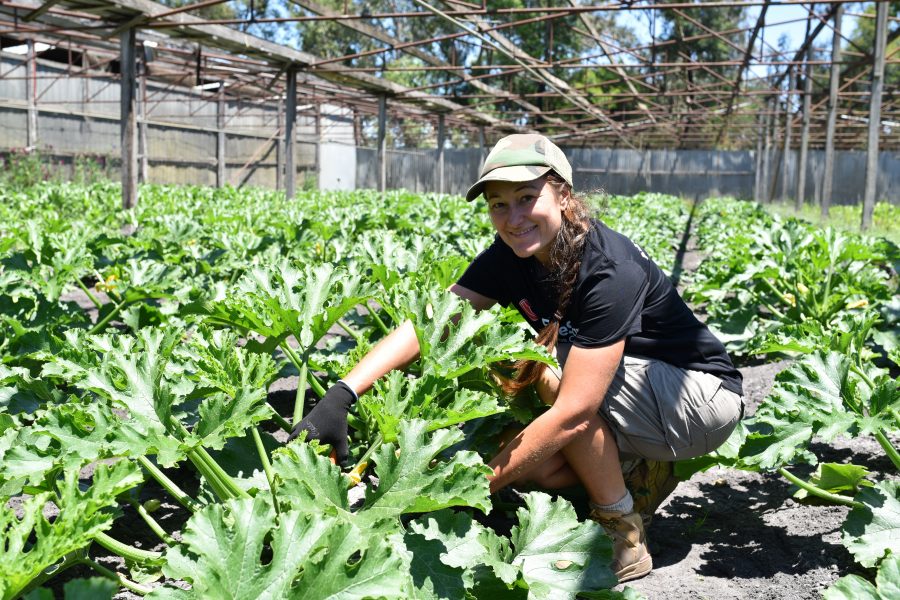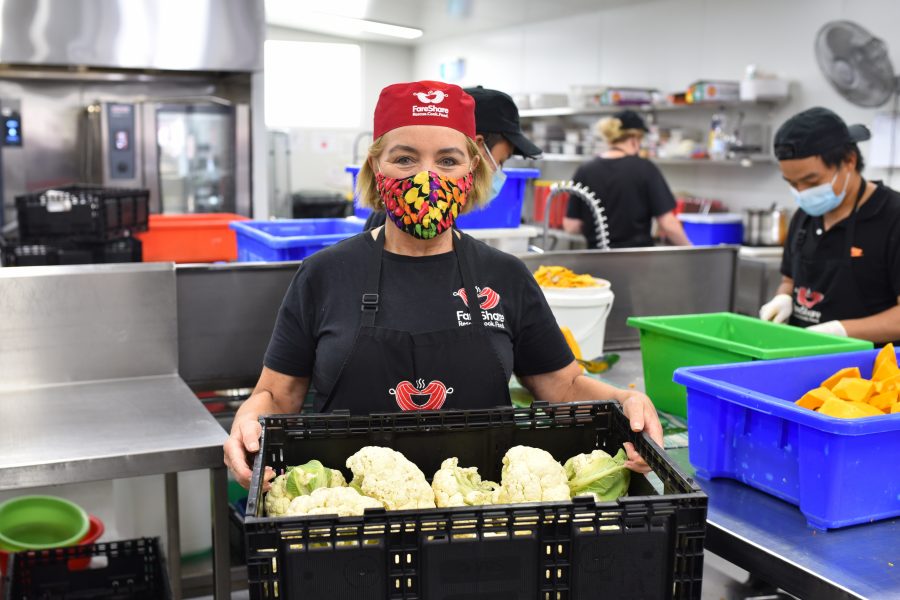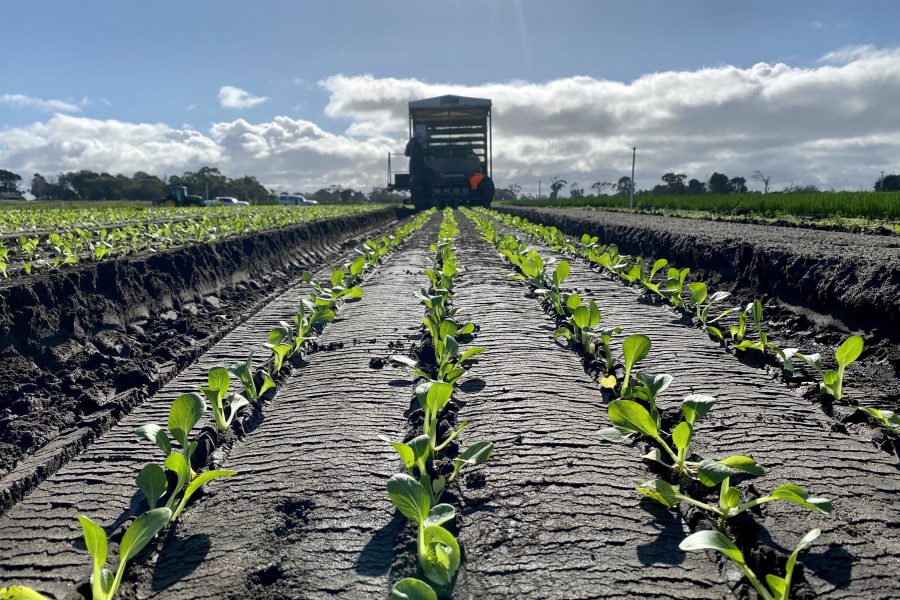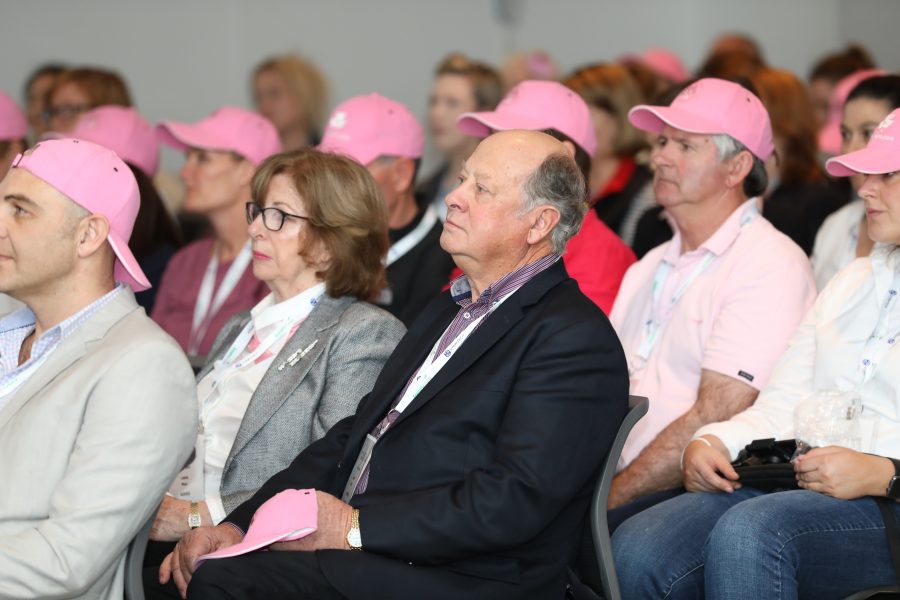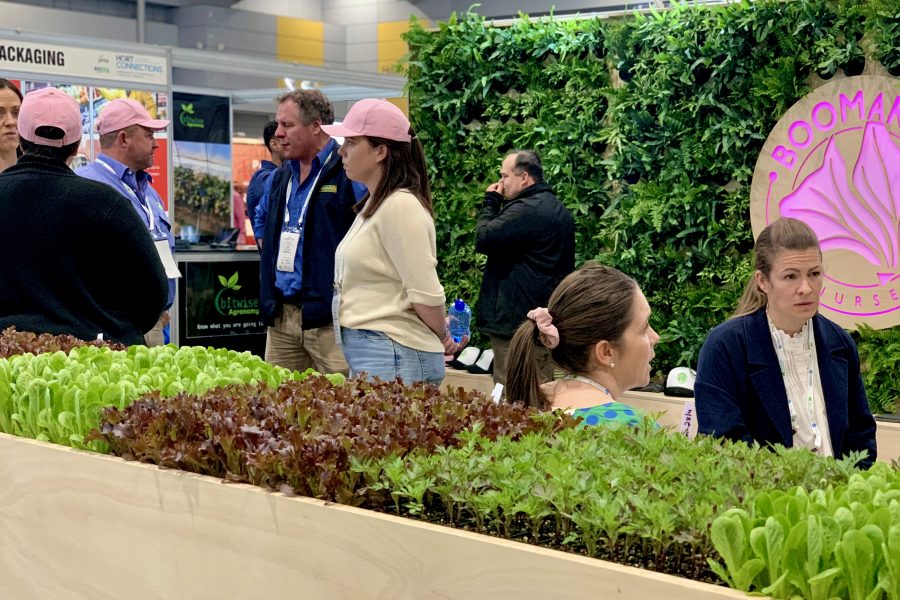2020 is a year that will be remembered for a long time. For many Australians, it was the first time the security of their food – where they would get their next meal – had been threatened.
Thankfully, through the hard work and dedication of charitable organisations, support has been available for those who have unexpectedly fallen on hard times. FareShare, operators of Australia’s largest charity kitchen, is one such organisation who were able to continue growing and sourcing food, and cooking meals to be distributed to hundreds of thousands of people in need.
The FareShare model sees it operate across four key programs: Rescue (food rescue), Grow (vegetable gardening), Cook (meal preparation) and Feed (distribution) to support people in need of food relief. In a normal year FareShare’s army of Melbourne volunteers cook around 6,000 free and nutritious meals every day for people seeking urgent food relief. This year to date 1,700,000 meals have been prepared from FareShare’s Abbotsford kitchen , with a further 2,000,000 from its recently opened Brisbane kitchen.
Contributions come from an array of sources. FareShare’s food rescue vans hit the streets to rescue food that may otherwise go to waste from supermarkets, wholesale markets, manufacturers and farmers. They also grow their own produce across a number of volunteer-run kitchen gardens.
Their three gardens – a space within a family farm in Heatherton known as Baguley Farm; a small plot of land at Moorabbin Airport; and an urban train-side wedge in Abbotsford – produce the tonnes of vegetables needed to supplement what they rescue for their meals. These vegetables are what FareShare Communications Director, Lucy Farmer describes as “the secret ingredient” to creating healthy meals.
“Without vegetables, we cannot make our meals nutritious.” she says. “We just can’t rescue enough vegetables, which is why we started the garden program to fill that gap.”
Boomaroo donates seedlings to FareShare to support their garden program. Growing from seedling, rather than direct seeding, makes FareShare’s garden program financially viable and significantly boosts their gardens’ productivity.
Once the produce is either collected, donated or grown, it is taken to their kitchen, where ready-to-eat meals and savoury pastries are made en masse and distributed to those members of the community that need them the most. In 2020, FareShare faced unprecedented community demand, whilst also needing to grapple with the logistical challenges of delivering their services in the face of COVID restrictions.
During the early months of COVID lockdown, FareShare scaled up production of cooked meals to support a growing number of community members in crisis.
“With the Job Keeper and Job Seeker supplements, some of the people who traditionally have struggled with food poverty were actually a bit better off and able to afford the food they needed. But then we’ve got this whole cohort of people who have never struggled with insecurity before, from quite a wide range of backgrounds, who weren’t eligible for any support and are suddenly desperate.” explains Lucy.
Adding to the challenges faced by a rise in demand, FaresShare had to suspend its 800 kitchen volunteers to reduce the risk of infection and keep its community safe. Luckily, with the support of funding from the Victorian government, FareShare were able to switch to a paid hospitality workforce, all of whom had lost work due to COVID restrictions, and employ the resources they needed to keep their kitchens and gardens in operation and their food rescue vans on the road.
“For three months, we managed to double our normal production. We were running seven days a week, from first thing in the morning, till the last thing at night – it was a really intense operation.” says Lucy.
FareShare continued to operate across both of Melbourne’s lockdowns, with the garden program only shutting down volunteering during six weeks of the state’s stage four restrictions.
“The gardens have been more important than ever in 2020,” says Lucy. “So far this year we’ve grown almost exactly 64 tonnes of vegetables, with our top vegetables being carrots, cauliflower, zucchini, eggplant, celery, and capsicum.”
While the FareShare team are looking forward to a long awaited and deserved rest, and their kitchen equipment pushed to breaking point, there is a sense of satisfaction in the year the team has been able to pull off.
“Food rescue is always unpredictable and it always throws up surprises. And I think our flexibility really stood us in good stead through COVID. Our chefs are used to being resourceful.” says Lucy.
“COVID’s given us confidence that we can tackle anything that’s thrown at us, and we’ll find a way through.”
“Our friends and partners really got behind us this year and that was fantastic. It really demonstrated what a strong community, we are, and we have on our side.”
You can support FareShare in their mission to Rescue.Cook.Feed by donating to their Christmas appeal. This year they aim to replace their ageing ovens so they continue cooking at full capacity. Learn more https://fareshare-christmas-2020.raisely.com/
If you have surplus produce to donate, it will also be gratefully collected. For more information as to how you can donate contact Patrick Lanyon on 0425 112 225 or email patrick.lanyon@fareshare.net.au.

